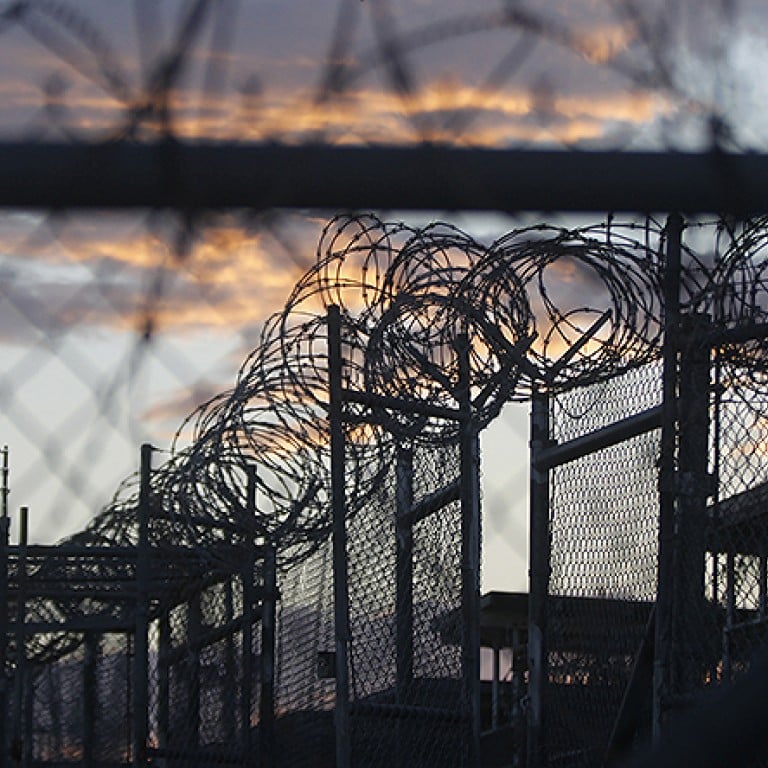
Guantanamo Bay detainee cites international POW law in freedom bid
Kuwaiti held for 12 years at US military prison in Cuba sues for release
A Kuwaiti detainee at Guantanamo Bay is mounting a legal challenge to win his release, arguing in a US federal lawsuit that he should be freed when US combat troops pull out of Afghanistan because international law stipulates prisoners of war be returned home once a conflict is over.

Though 10 have been released over the years, two remain in Guantanamo, including Fawzi Odah, 36, who is the son of Khalid Odah, a US-trained Kuwaiti Air Force colonel who worked with American troops in the 1991 Gulf war to help organise his country's resistance against Iraq.
The Odah family maintains that Fawzi was captured after helping refugees in Afghanistan when US bombs struck the area. He and the others were mistakenly arrested in the post-September 11 chaos and taken to Guantanamo, the family says.
Pentagon and intelligence officials, however, said Fawzi Odah was captured in late 2001 by a Pakistani militia near the Tora Bora mountains, where US troops had been searching for al-Qaeda leader Osama bin Laden.
Fawzi Odah was carrying an AK-47 assault rifle, had sworn allegiance to bin Laden and was in fact working as a recruiter for a London-based terrorist cell, US officials say.
According to Odah's lawsuit, announced on Monday, the Geneva Convention requires that prisoners be released at the end of fighting or the "cessation of active hostilities". The releases are to be immediate, the suit states, and not postponed by the absence of a peace treaty, proclamation or armistice.
That means Fawzi Odah could be released by the end of this year, the suit claims, citing President Barack Obama's declaration in last week's state-of-the- union address that "by the end of the year, America's longest war will finally be over".
Justice Department officials have asked US District Judge Colleen Kollar-Kotelly in Washington to dismiss the suit, saying it is premature because US combat troops are still in Afghanistan.
They said in legal briefs that the completion of US combat operations in Afghanistan "cannot be known at this time" and might not occur as anticipated by the Obama administration, if at all.
"It is inappropriate to engage in speculation at this time as to the timing of the future end of hostilities," they said.
Odah, in his lawsuit, cites support from an opinion by Supreme Court Justice Anthony Kennedy, a moderate who has often been the swing vote on controversial cases.
"The detainees at Guantanamo Bay are being held indefinitely and without benefit of any legal proceeding to determine their status," Kennedy said in a 2004 case brought by detainee Shafiq Rasul, a British citizen.
"As the period of detention stretches from months to years, the case for continued detention to meet military exigencies becomes weaker."
